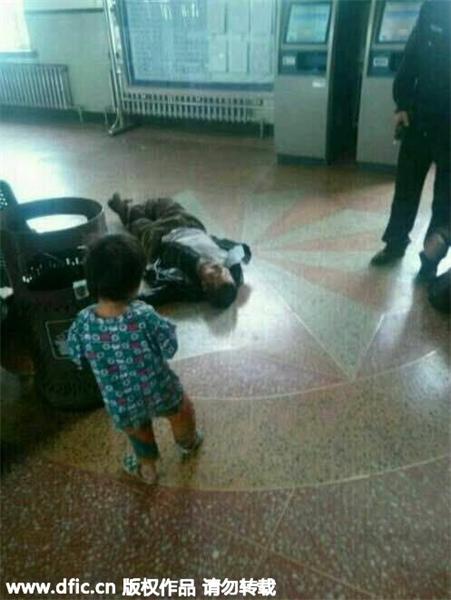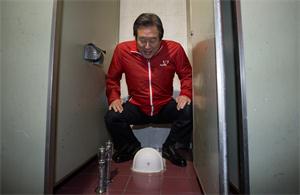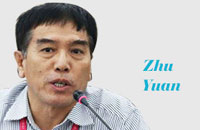Shooting of petitioner needs investigating
(China Daily) Updated: 2015-05-11 07:44
 |
|
Xu Chunhe, 54, was shot when he tried to get through the security checkpoint at the Qing'an railway station on May 2. [Photo/IC] |
This is exactly the case with the incident at a railway station in Qing'an county of Northeast China's Heilongjiang province on May 2, when a police officer shot dead a man in front the man's mother and daughter.
The earliest report online described the police officer as a hero who opened fire when the man tried to grab his handgun. But later reports tell a completely different version of incident, saying the man killed was a veteran petitioner, who was about to board a train on petition trip along with his mother and daughter. The police officer was trying to stop the man from embarking on his trip. The incomplete video clip spread online shows the man trying to evade an attack from the police officer.
Do the local police have the complete video? Did the petitioner's actions pose a threat to the life of the police officer? As long as both these questions remain unanswered, people's imaginations can run wild about what happened at the moment.
What is natural and certain is that the sympathy of the majority of people will go to the petitioner. For they have no difficulty in understanding that the petitioner is the disadvantaged party.
Without any lethal weapon in his hand, people can hardly imagine how the man could endanger the life of the police officer, who had a handgun and baton and the assistance of some workers at the station.
In addition, there is no reason for a petitioner, with his mother and daughter by his side, to provoke a life-and-death fight with the police officer unless what the police officer did put his life in danger.
There was no need for a police officer to pull out his gun just to stop a petitioner from boarding a train. A petitioner would have neither nerve nor need to grab the police officer's gun if it was still in its holster. The petitioner might not even know that the police officer had a gun unless the latter wielded his gun to threaten the former.
Obviously, the longer the complete truth of the incident is blocked from being made public, the more the public will doubt the version of events offered by the police.
The delay by the higher authorities in making the decision to make a thorough investigation into the incident only further damages the credibility of the police.











